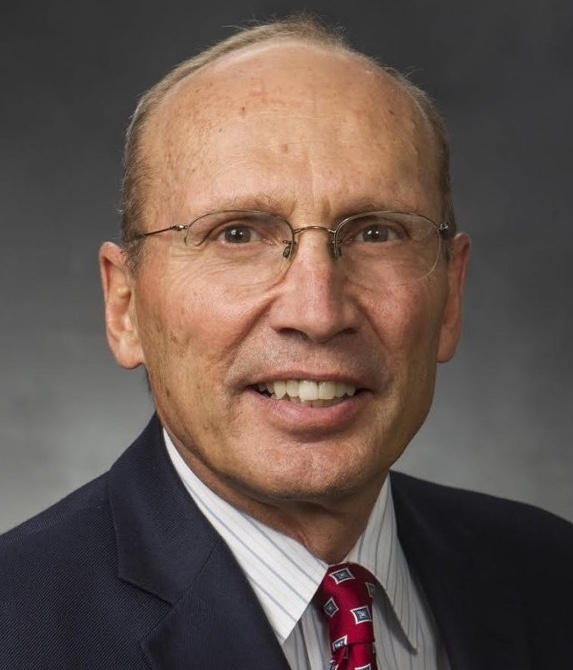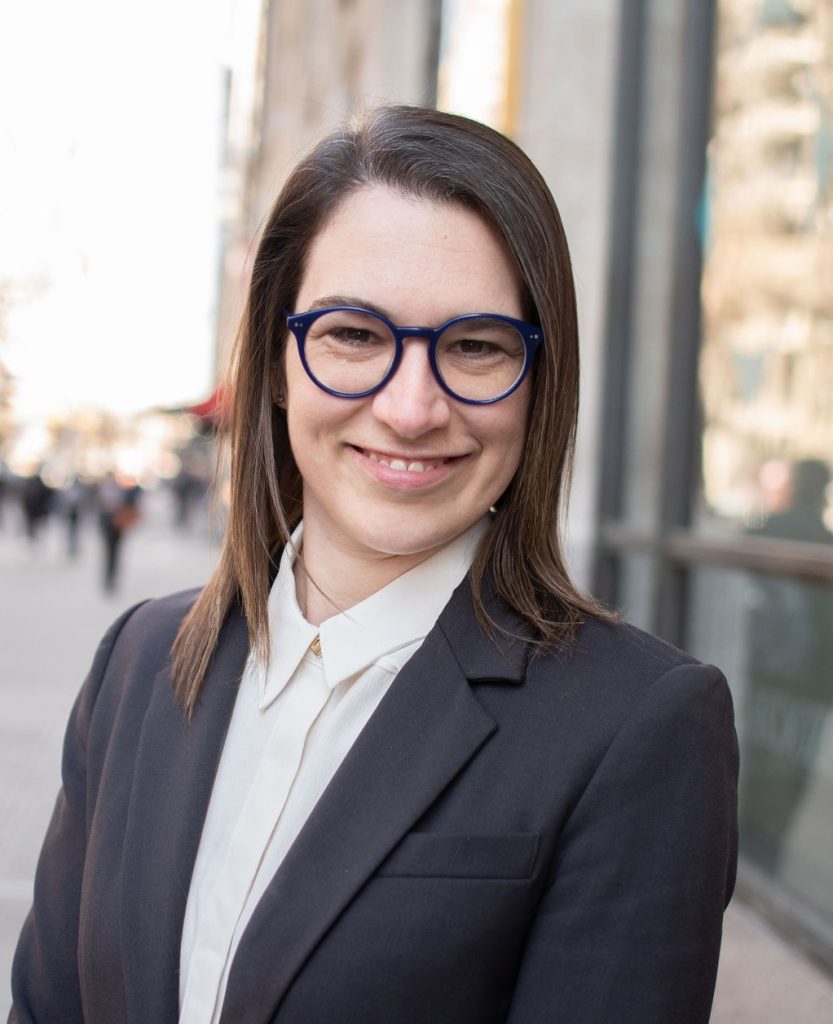Three Observations on the Catholic Charter School Case

Frederick Mark Gedicks is emeritus professor of law at the J. Reuben Clark Law School, Brigham Young University.
The U.S. Supreme Court recently affirmed, by a four-to-four vote, a decision by the Oklahoma Supreme Court that the state could not fund a Catholic virtual charter school because this would violate anti-establishment provisions of the Oklahoma Constitution and the Establishment Clause of the First Amendment. Drummond ex rel. State v. Oklahoma Statewide Virtual Charter School Board, 2024 OK 53, 558 P.3d 1 (6–2 dec.), aff’d by equally divided ct., Nos. 24-394 & -396 (U.S. May 22, 2025) (per curiam), 2025 WL 1459364. (Paragraph numbers below correspond to the official report of the Oklahoma Supreme Court.)

